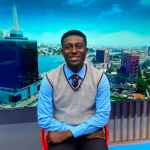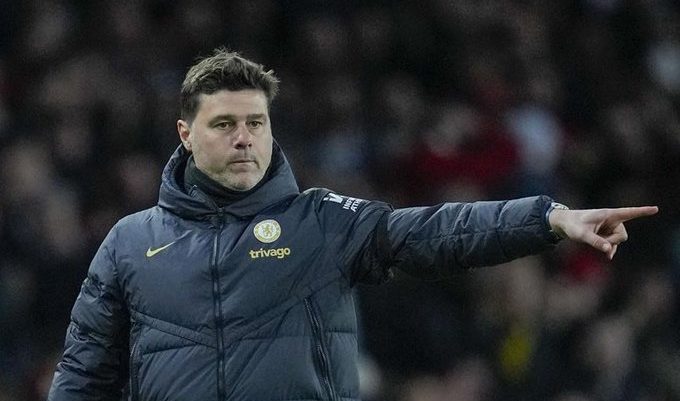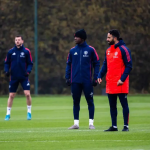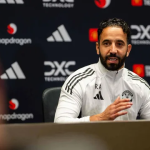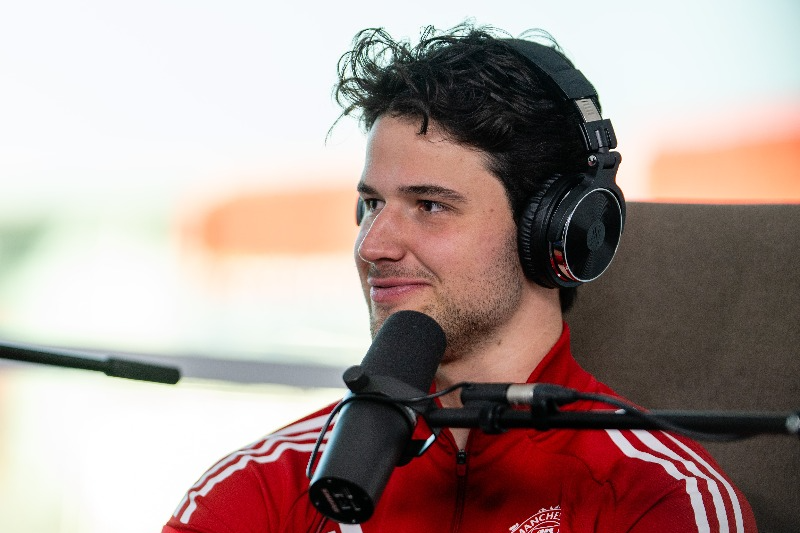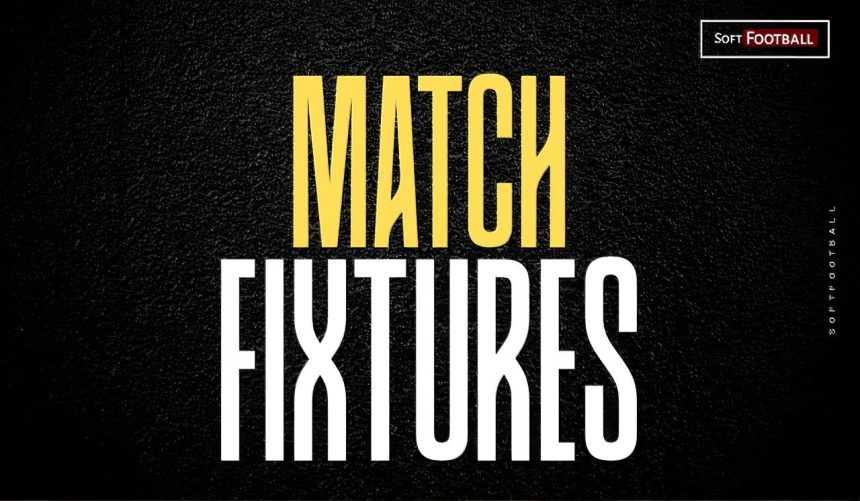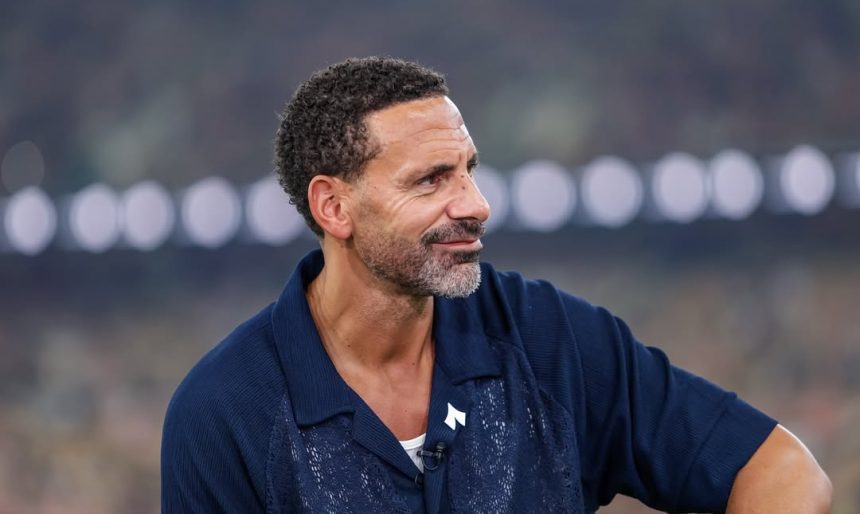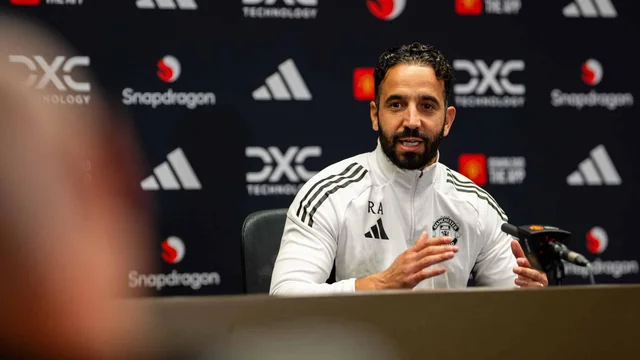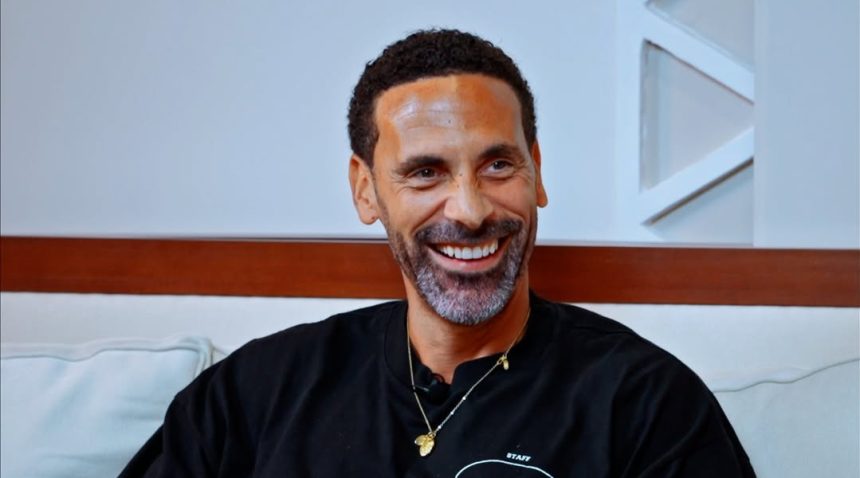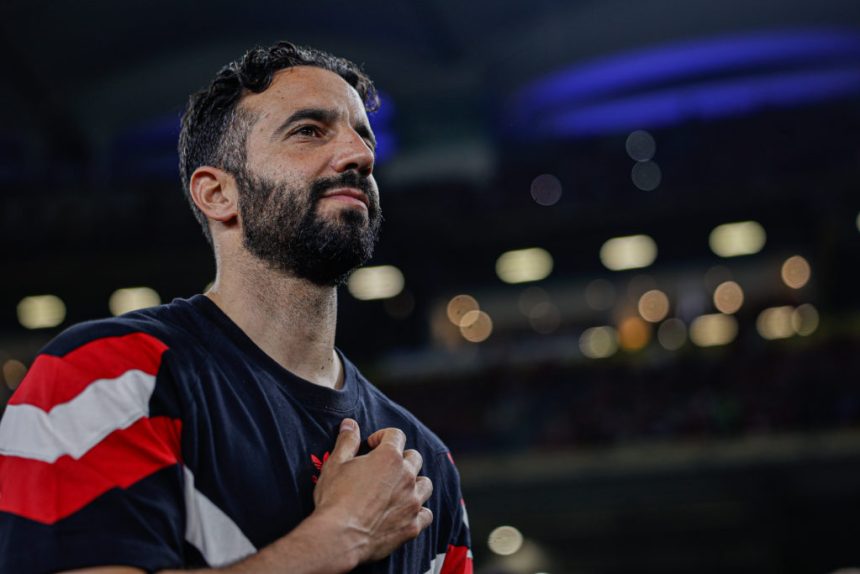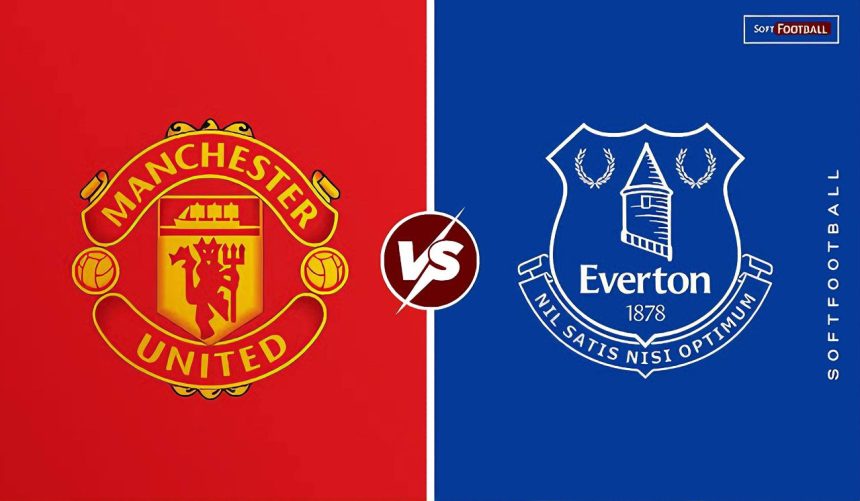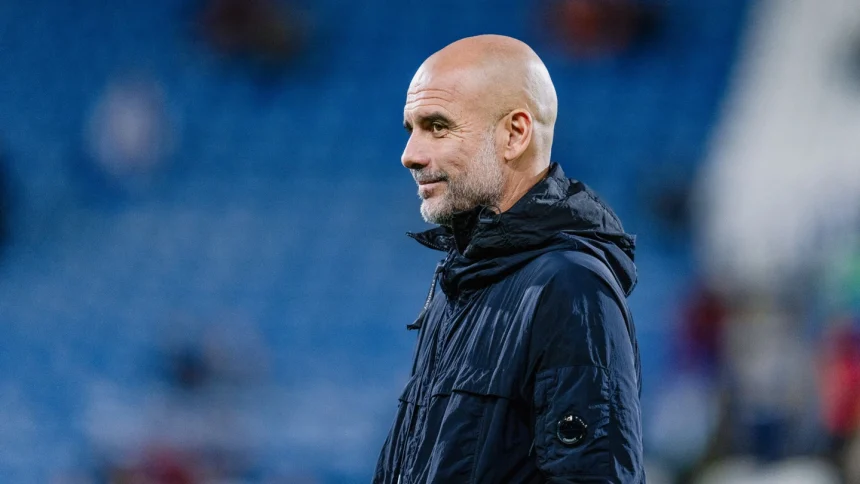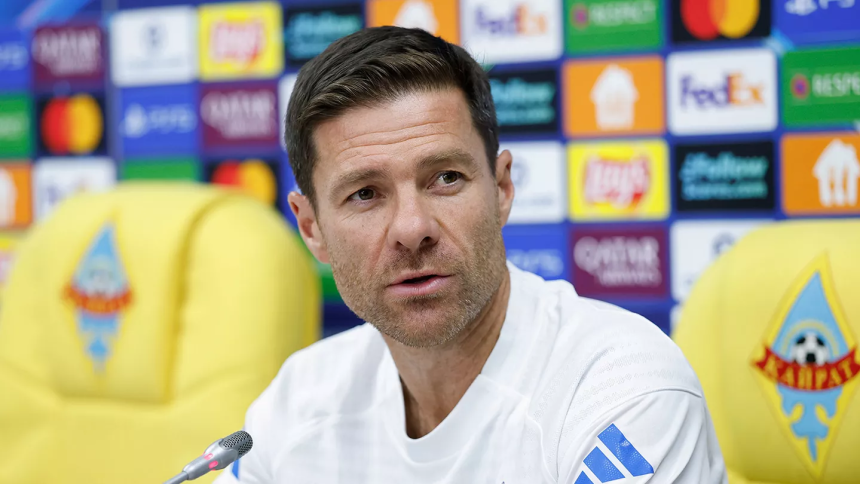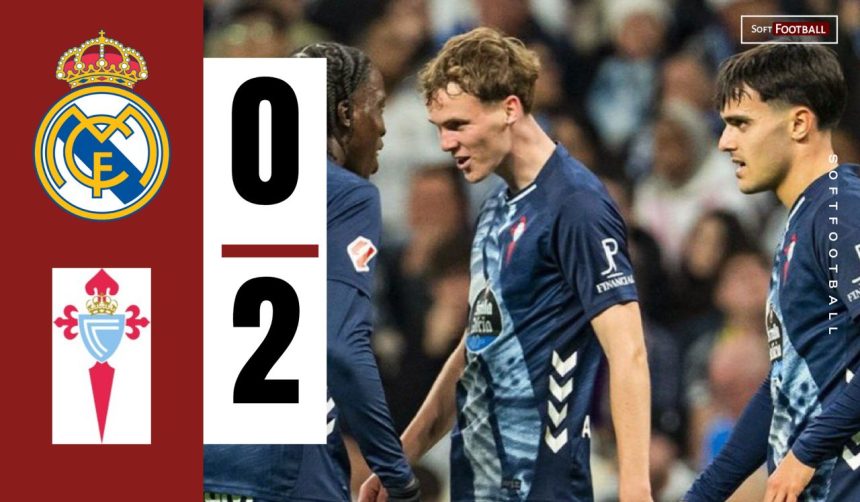As the pressure on manager Ruben Amorim reaches a fever pitch, the speculation over his successor has begun in earnest. Amorim’s stats as manager at Old Trafford are very dire: nine victories in 33 games, which translates to a paltry 27 percent win rate, a sackable stat for any Premier League side, let alone a giant like United. Even the recent 3-1 loss against Brentford last weekend has proved that Amorim doesn’t know what to do at the club at the moment.
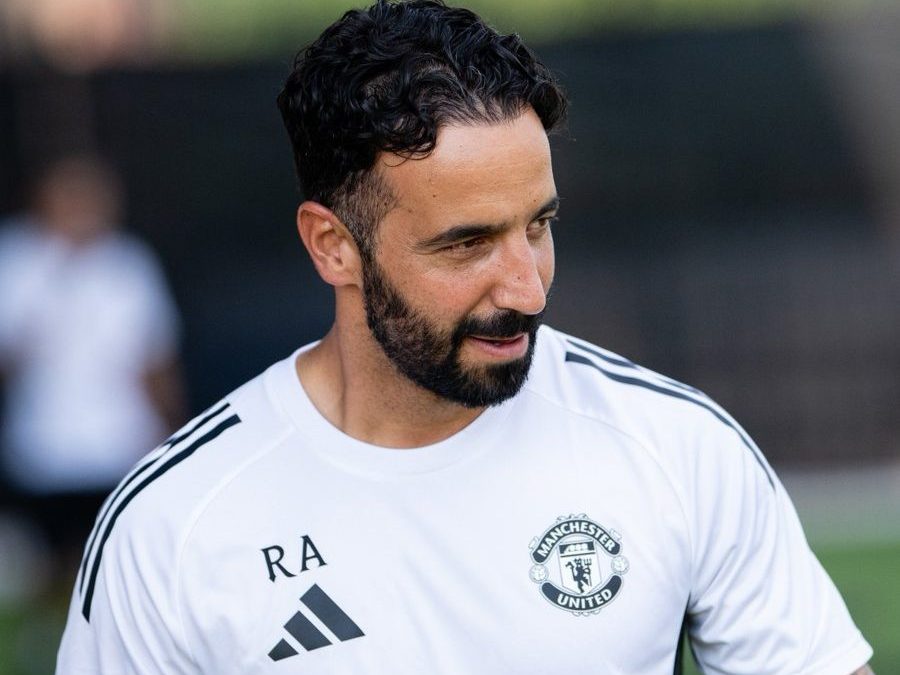
Softfootball understands that Amorim’s tenure continues to cast a long shadow over his time at Old Trafford, and there is a salient fact that the club must seek a proven architect of revival. One name stands out as the most logical and compelling candidate: Mauricio Pochettino.
The core failure of the Amorim era has been a stubborn adherence to a rigid 3-4-3 system, forcing square pegs into round holes. Meanwhile, examples elsewhere show that Amorim’s preferred 3-4-2-1 formation can succeed. At Crystal Palace, Oliver Glasner has implemented it with discipline and already lifted the FA Cup and Community Shield, defeating top club sides like Manchester City and Liverpool to win the titles. The contrast only sharpens doubts over Amorim’s execution of his ideas.
This has manifested in baffling tactical decisions, such as deploying an ageing Casemiro as a lone defensive screen and pushing the creative powerhouse Bruno Fernandes into a deep-lying role, neutering his greatest strengths.
A successful manager does not force a philosophy; he builds one that maximises the squad’s inherent qualities.
This is where Pochettino’s philosophy presents a perfect remedy. His renowned high-press, high-energy style is not just about running; it’s about intelligent, coordinated aggression to win the ball in advanced areas.
More importantly, his system is inherently flexible, often operating within a 4-2-3-1 framework that provides both structure and freedom. This suits the current United squad. The “Pochettino full-back” a role perfected by Danny Rose and Kyle Walker, fits Diogo Dalot, Noussair Mazraoui, Patrick Dorgu, and Diego León perfectly, demanding they provide relentless width and penetration.
His time at Tottenham and Chelsea was a masterclass in this approach. At Spurs, he didn’t just build a team; he engineered an identity by moulding a young squad into Champions League finalists through his demanding, yet empowering, man-management.
At Chelsea, amidst a chaotic season, he successfully integrated a flood of young talent, instilling a cohesive tactical plan and forging a potent attack from a disparate group. Now with the United States national team, Pochettino hasn’t fared badly at the helm of affairs at the team. Pochettino has recorded 10 wins in his 18 games in charge of the American side, which amounts to a 55.5% win rate. Ever since he began to manage clubs like Tottenham to Chelsea, Pochettino has never recorded less than a 50% win rate.
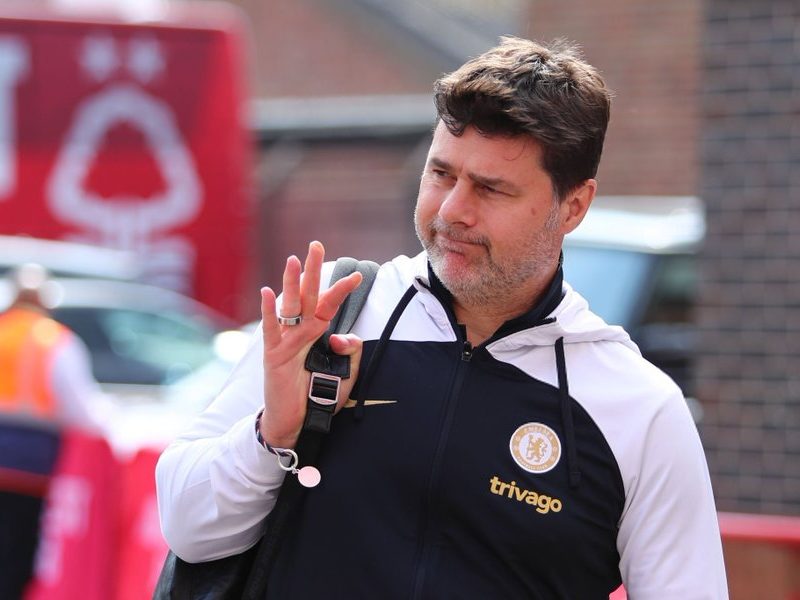
However, Pochettino might not be interested in taking a catastrophic project like Manchester United, with the Argentine already stating that he wants to build with the USMNT. As reported by Fabrizio Romano in 2024, via his official X handle, he stated that he wants to journey with the team.
He wrote:
The decision to join USMNT wasn’t just about football for me; it’s about the journey that this team and this country are on.
The energy, the passion, and the hunger to achieve something truly historic here those are the things that inspired me.
🚨🇺🇸 Mauricio Pochettino: “The decision to join USMNT wasn’t just about football for me; it’s about the journey that this team and this country are on”.
— Fabrizio Romano (@FabrizioRomano) September 11, 2024
“The energy, the passion, and the hunger to achieve something truly historic here – those are the things that inspired me”. pic.twitter.com/YGpZthEVCY
These experiences are not just items on a resume; they are a direct preparation for the twin challenges at United: rebuilding a fractured squad culture and instituting a clear, modern playing identity.
Crucially, Pochettino’s system provides clear roles for United’s most important assets. Bruno Fernandes would be restored to his natural number 10 role as the primary creator, the “son” to a new “father” in a young striker like Benjamin Šeško, mirroring the Kane-Fernandes dynamic Pochettino would have loved to have.
The requirement for a goal-scoring midfielder is met by Fernandes himself, while the defence, anchored by promising talents like Lenny Yoro and the returning Lisandro Martínez, has the profile to become the athletic, ball-playing unit he requires.
Pochettino’s past projects have been drills for this moment. He knows how to build a project, handle pressure, and elevate players. For a United squad lacking direction and identity, he offers not just a tactical plan, but a proven blueprint for restoration.

